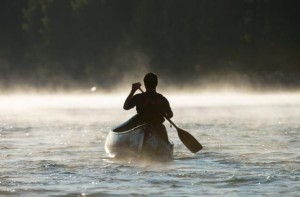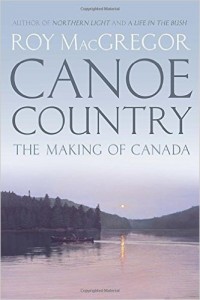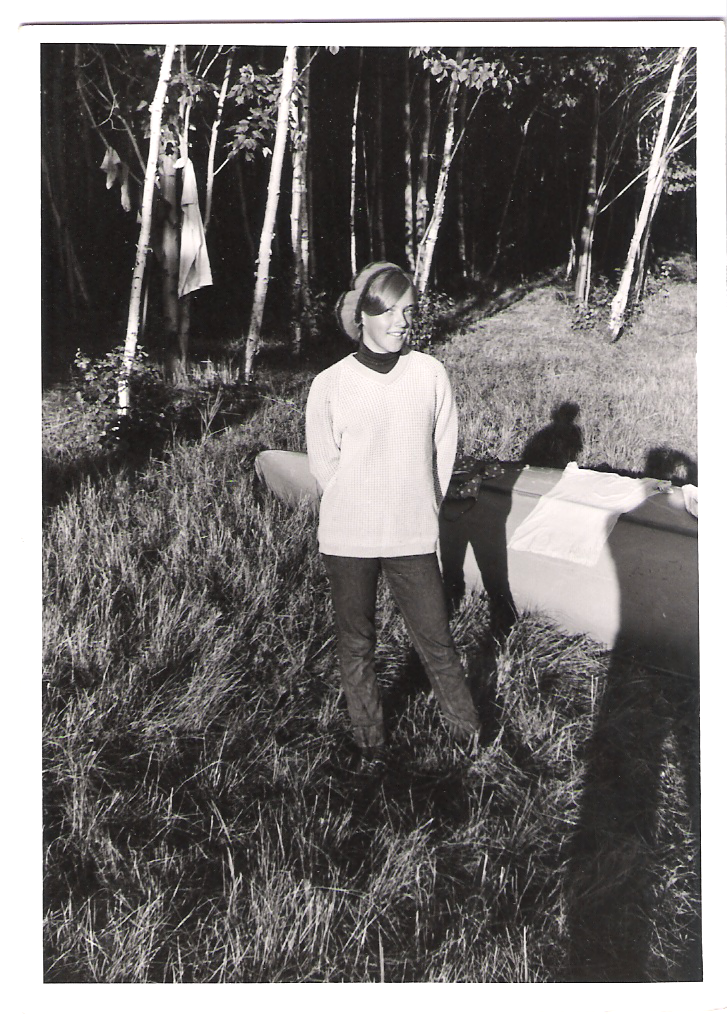Justin Trudeau, now Prime Minister of Canada, found inspiration on an early morning paddle on the Bow River in Calgary before the debate.
I am filled with hope today. Why? I feel inspired.
What exactly is inspiration? I started to think about this when an old friend signed a note to me by saying, stay inspired. It is a daily quest, to be sure. Without going out and looking for it, I can come up empty. The blank page, now the white screen, gets the better of me, and no work gets done on either my novel in progress, Four Stanley Cups and a Funeral, or on my website. When this happens, I have not let anyone down, save myself. However, without self-respect where are we?
Inspiration seems to be gaining in popularity if you look at my Facebook page. Twitter runs hot and cold, but there are no shortages of inspirational tidbits there too. There are days when no platitudes seem to work, and I have to try harder. Others, like today, see me out in the thick woods marveling at the fall colors and circling ravens of Windy Bay. Why is there a spring in my step? Good news and glad tidings are sweeping down like a clean, north wind from Canada.
Whether you missed the election drama, or followed it day by day, last night, a victory occurred for a political party with a dynamic young leader. However, that is not all that took place. A contentious battle veered down the dark alley of the politics of discrimination. Divide and conquer was the failed strategy of the ruling, Conservative Party. Canadians rejected it soundly. That gives me hope.
We all know better. We all had grandmothers who taught us good manners. We all had grandfathers who introduced us to right and wrong. We know what is called hate speech when we hear it. So why do we keep sinking into this abyss? It is the advice of political strategists. They feel it works. I am hopeful today that some may feel that it does not. It could backfire. It could come back to bite you
My grandfather told me that his father raised him on one simple statement from the Bible: “Yea as you sew, so shall ye reap.”
It is that simple. The man dispensing this advice was a new-age poet and journalist about one hundred years ahead of his time. He taught yoga classes and was a vegetarian. He believed in peace, and he worked to move his country beyond narrow-minded Victorian divisions to a model “free from discrimination of race, class, color or creed.” John Oliver said that the pervasive feeling in Canada of an election lasting seventy-eight days being way too long, was “absolutely adorable.” In this country, we still have a long, long way to go. What becomes tedious is not the exchange of ideas, it is what my grandmother would have called the unpleasantness. Do we really need this as part of the fabric of democracy, or is it rather a stain on our collective soul? Should we not look to leaders who provide inspiration? I am not all that interested in a person’s fears. Why would I even want to hear about them? Why should I be afraid? Why should I cast a vote because of my fears?
I looked up antonyms for the word inspire: Bore, deaden, depress, discourage, dishearten, and here is the best one of all- lull. Lull into a stupor comes to mind.
According to Webster’s, inspiration drives us to create. That is why it is worth seeking. That is why it is a hallmark of true leadership.
The sky is a bright blue today. The sun is glistening in the bay. The leaves are shimmering on the trees. Inspiration is everywhere. When our time to vote comes at last, I want to feel a sense of hope. I want to feel as if we have turned a corner. I want to feel that we are serving the better angels of our nature. We still have a long way to go. It will be a tough portage.





